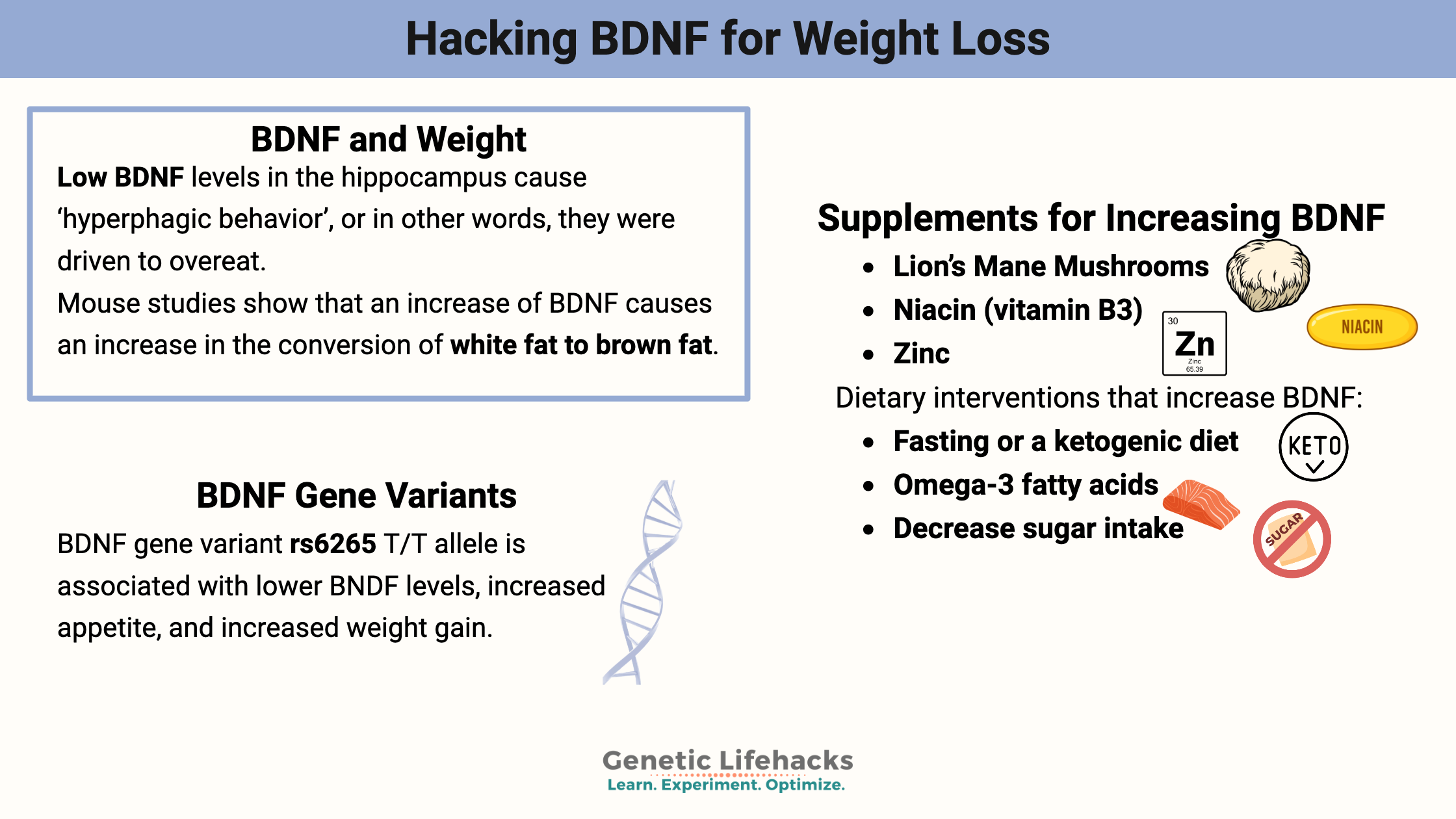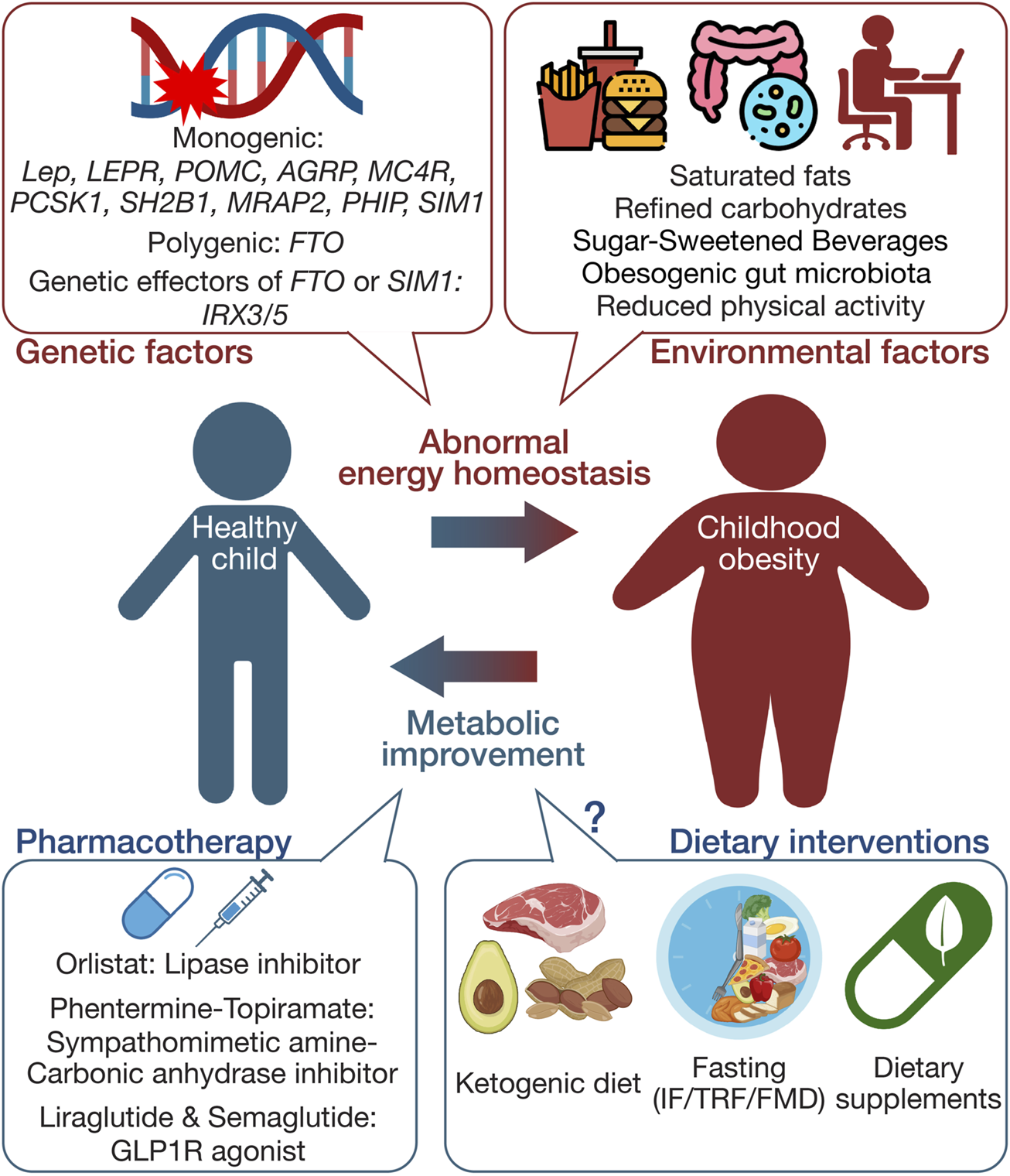Have you ever wondered why losing weight feels easier for some people than for others? You might be doing everything right—watching what you eat, exercising regularly—but the scale just won’t budge.
The secret could be hidden in your genes. Understanding how genetics affect weight loss can change the way you approach your health goals. You’ll discover the surprising ways your DNA influences your body’s response to diet and exercise. Keep reading to unlock the key to a weight loss plan that truly works for you.

Genetics And Metabolism
Your genes play a big role in how your body uses energy. Metabolism is how your body turns food into fuel.
Some people burn calories faster or slower because of their genes. This affects how easy it is to lose weight.
Genes Influencing Metabolic Rate
Several genes affect the speed of your metabolism. These genes control how your body uses energy and stores fat.
For example, some genes affect thyroid function. The thyroid helps control how fast your body burns calories.
- The FTO gene is linked to fat storage and appetite.
- The MC4R gene influences hunger and how many calories you burn.
- The UCP genes help regulate heat production and energy use.
Impact On Energy Expenditure
Your genes can change how many calories you burn each day. This includes calories burned at rest and during activity.
People with a faster metabolism burn more calories. Those with a slower metabolism may need less food or more exercise.
- Basal metabolic rate (BMR) varies by genetics.
- Physical activity energy use can differ between people.
- Thermic effect of food changes with genetic makeup.

Genetic Variants Linked To Weight
Genes can influence how your body handles weight. Different gene versions affect weight gain and loss.
Understanding these genetic variants helps explain why some people lose weight easier than others.
Common Weight-related Genes
Some genes are linked to body weight and fat storage. These genes can change how your body uses energy.
Here are a few common genes that affect weight:
- FTO:Often called the “fat gene,” it affects hunger and how the body stores fat.
- MC4R:This gene controls appetite and energy use.
- LEP:It helps regulate fat by producing leptin, a hormone that signals fullness.
- ADRB3:This gene affects how the body burns fat for energy.
- PPARG:It influences fat cell development and insulin sensitivity.
How Variants Affect Fat Storage
Gene variants can change how your body stores fat and uses energy. Some variants make fat storage easier.
For example, certain gene changes can increase hunger or slow down metabolism, leading to more fat storage.
- Variants in FTO may cause stronger hunger signals.
- MC4R changes can reduce energy burned, increasing fat gain.
- LEP variants can lower leptin levels, making you feel less full.
- ADRB3 variants may reduce fat burning during exercise.
- PPARG changes can increase fat cell growth.
Appetite And Food Preferences
Genetics can play a key role in how hungry you feel and what foods you like. These natural traits affect your weight loss journey.
Understanding genetic influences helps explain why some people eat more or prefer certain foods. This can impact diet success.
Genetic Influence On Hunger Signals
Your genes affect how your brain senses hunger and fullness. Some people feel hungry more often due to genetic signals.
These signals come from hormones like ghrelin and leptin. Genetics can change how much of these hormones your body makes.
- Ghrelin raises hunger levels
- Leptin tells your brain you are full
- Genetic variations affect hormone balance
- Some people may feel less full after eating
Cravings And Eating Behavior
Genes also affect food cravings and what tastes you prefer. This can lead to eating more sugary or fatty foods.
People with certain gene types may find it harder to resist snacks. These cravings impact how much they eat daily.
- Genes influence taste receptors
- Some prefer sweet or salty foods more
- Cravings can trigger overeating
- Eating habits are partly inherited

Response To Diet And Exercise
Genetics plays a big role in how people lose weight. It affects how the body reacts to food and workouts.
Some people lose weight easily, while others find it harder. This difference is often due to genes.
Genetics And Diet Effectiveness
Genes can change how your body uses different foods. This affects how well diets work for you.
For example, some genes make you process fats or carbs faster. This can change your energy and weight loss.
- Some people do better on low-carb diets.
- Others lose more weight with low-fat diets.
- Genetics can influence hunger and fullness signals.
Exercise Performance And Weight Loss
Genes affect how your muscles respond to exercise. This can change how much weight you lose with workouts.
Some people build muscle quickly, while others get tired faster. This impacts exercise results.
- Genes influence endurance and strength levels.
- They affect recovery time after workouts.
- Exercise can still help weight loss, no matter your genes.
Epigenetics And Weight Management
Genetics can influence how your body stores fat and burns calories. Epigenetics studies how your environment and actions can change gene behavior.
These changes do not alter your DNA sequence but can affect your weight loss efforts. Understanding epigenetics helps explain why people respond differently to diets and exercise.
Environmental Impact On Gene Expression
Your surroundings can change how genes work in your body. Things like pollution, stress, and diet affect gene activity linked to weight management.
For example, eating unhealthy food can turn on genes that increase fat storage. Clean air and less stress can help turn off these genes.
- Pollution may increase genes related to inflammation
- Stress can activate genes that slow metabolism
- Healthy food can suppress fat-storing genes
- Exercise helps switch on genes that burn fat
Lifestyle Changes And Genetic Activation
Changing your habits can change how your genes behave. Eating better, moving more, and sleeping well can help control weight.
These lifestyle changes can turn off genes that make weight loss hard. They can also turn on genes that help burn calories and build muscle.
- Balanced diet affects genes that control hunger
- Regular exercise activates fat-burning genes
- Good sleep helps regulate metabolism genes
- Reducing stress lowers genes linked to weight gain
Personalizing Weight Loss Plans
Weight loss is different for everyone. Genetics play a big role in how your body reacts to food and exercise.
Personalizing weight loss plans can help you find what works best for your body type and genes.
Genetic Testing For Tailored Strategies
Genetic testing looks at your DNA to find out how your body processes food and burns fat. It shows your risks for certain conditions.
Knowing your genes helps create a weight loss plan just for you. It can suggest the best foods and exercises.
- Identify metabolism speed
- Detect food sensitivities
- Understand fat storage patterns
- Recommend effective exercise types
Combining Genetics With Lifestyle
Genes affect weight, but lifestyle matters too. Sleep, stress, and habits change how your body works.
Mixing genetic info with daily habits creates a balanced plan. It helps keep you healthy and motivated.
- Choose exercises you enjoy
- Pick foods that fit your genetics and taste
- Track progress and adjust as needed
- Manage stress and get enough sleep
Frequently Asked Questions
How Do Genes Influence Weight Loss Success?
Genes affect metabolism, appetite, and fat storage. They can make weight loss easier or harder. Understanding genetics helps tailor effective diet and exercise plans for better results.
Can Genetic Testing Predict Weight Loss Potential?
Yes, genetic tests can reveal traits linked to weight loss. They identify how your body processes food and stores fat. This insight guides personalized nutrition and fitness strategies for optimal outcomes.
Are Some People Genetically Predisposed To Obesity?
Certain genes increase the risk of obesity. They influence hunger signals and fat accumulation. However, lifestyle choices still play a key role in managing weight effectively.
How Does Genetics Affect Metabolism Rates?
Genetics determine your basal metabolic rate (BMR). A faster BMR burns calories quicker, aiding weight loss. A slower BMR requires more effort to lose weight through diet and exercise.
Conclusion
Genetics plays a role in weight loss. Not the whole story, though. Lifestyle choices matter a lot. Eating habits and exercise routines can help. Knowing your genetic background assists in planning better. Personalized approaches may lead to success. Stay motivated and patient.
Weight loss takes time. Remember, everyone’s journey is unique. Consult professionals for tailored advice. Genetics can influence, but you control your actions. Keep focusing on healthy habits. Your body will respond positively. Stay committed to your goals. Celebrate small victories along the way.
You can achieve a healthier you.


